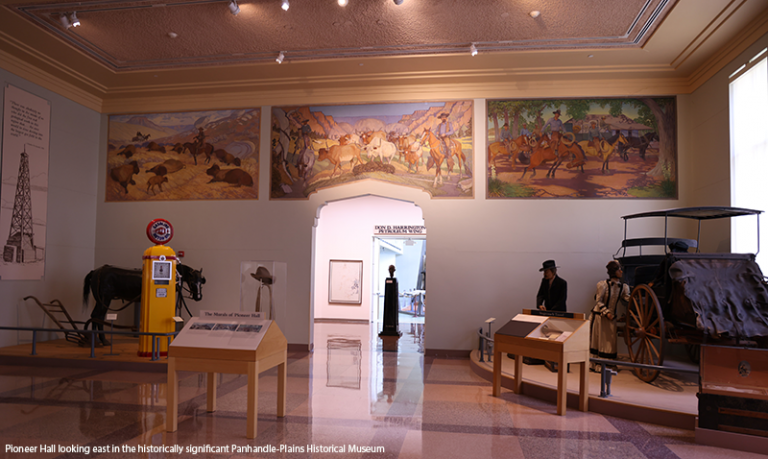Knowing the character of any organization requires multiple perspectives. One powerful way to gauge the character of a university is to see it through the eyes of those who leave it.
As I participated in graduation exercises this week, I was reminded of how important it is to part company with students in a positive, respectful, and memorable way. Seeing students walk the stage and shake hands with the people of the university is a milestone for those who are leaving, as well as positive reinforcement for faculty and staff who have worked to help make parting possible.
Students enjoy seeing faculty as they part. For the multiple challenges faculty lay before students, there is still respect and enjoyment of success that students like sharing. Having sat through hundreds of graduations over the past three decades, I know that only a small number of faculty members participate in the formal ceremony. Our university would be helped in its effort to attain excellence by a more robust show of the joy of success at graduation.
Other people part the university too. Faculty members occasionally leave angrily because of perceived, and at times real, mistreatment – maybe a decision to not grant tenure, maybe a job opportunity that was offered somewhere else and could not be matched, maybe differing perspectives over mission or direction, or other innumerable issues that effect working relationships and sense of purpose.
Leadership requires that difficult decisions be made, and on occasion this decision-making creates hurt, and feelings of unfairness, when in fact the treatment that leads to hurt feelings may be earned.
Coaches come and go too and, if they do not self-select into another opportunity, it can be a difficult time. I have seen scholars go, and at times these can be rancorous splits. I have seen university leaders go, and often these too are thorny times, even whole centers and institutes part. A university can learn a great deal about itself by analyzing the feelings and sensitivities of people who leave. Critically examining departures of all people: students, secretaries, faculty, building maintenance workers, administrators, and others has great value.
Juliet at least had it half-right when she lamented to Romeo:
“Good night, good night! Parting is such sweet sorrow,
that I shall say good night till it be morrow.”
Half-right because sometimes “morrow” never comes.
Our university and every other should act to make parting professional and palatable, if sweet sorrow, in the face of real or imagined lapses of performance, moral turpitude, unmet expectations, is unachievable.
It is difficult to number the reasons why people leave universities, but this much is clear, unless they are moving up or retiring, they are rarely moving under their own power. People who attain positions of influence on university campuses seldom relinquish them willingly. Such relinquishment may be antithetical to the nature of leadership in a university. There is always something else to do.
Lord Acton was close, but too dark in his proclamation to Bishop Mandell Creighton, “Power tends to corrupt, and absolute power corrupts absolutely. Great men are almost always bad men.”
Southern at 150: Building Excellence through Commitment addresses the departure of faculty clearly in the section addressing faculty retention, “No faculty member who we have desire to keep should leave SIUC for reasons other than family or geographic location.”
At our university, the pursuit and attainment of excellence is always increased when parting is one aspect of marketing for faculty, students, and staff.
Ignorance of departure as a form of marketing changes nothing, because parting impacts reputation through care or carelessness.







Listening to my students at the end of the semester would lead one to think that they all are already way above average even when they have not accomplished anything close to what is expected.
Amen and bravo!! What a refreshing series on Integrity. Thank you.
“Having sat through hundreds of graduations over the past three decades, …”
Hundreds? Wouldn’t it be closer to 30, or maybe 60 if you went twice a year?